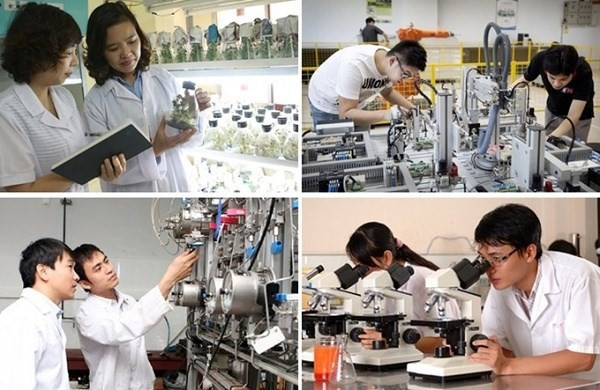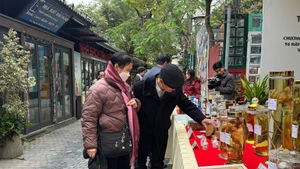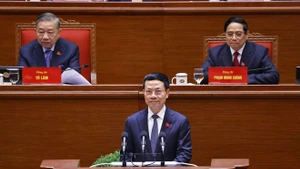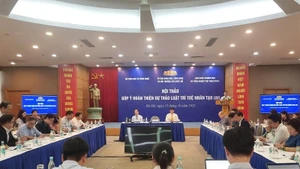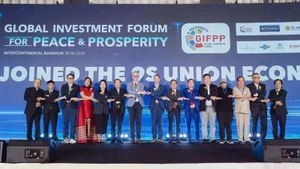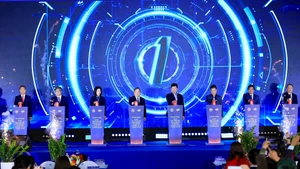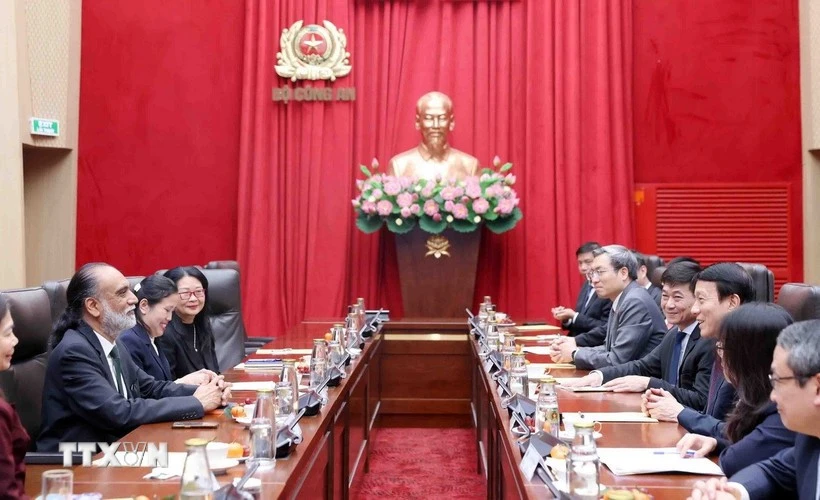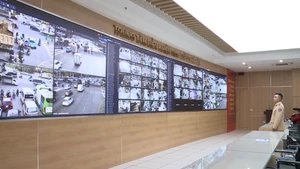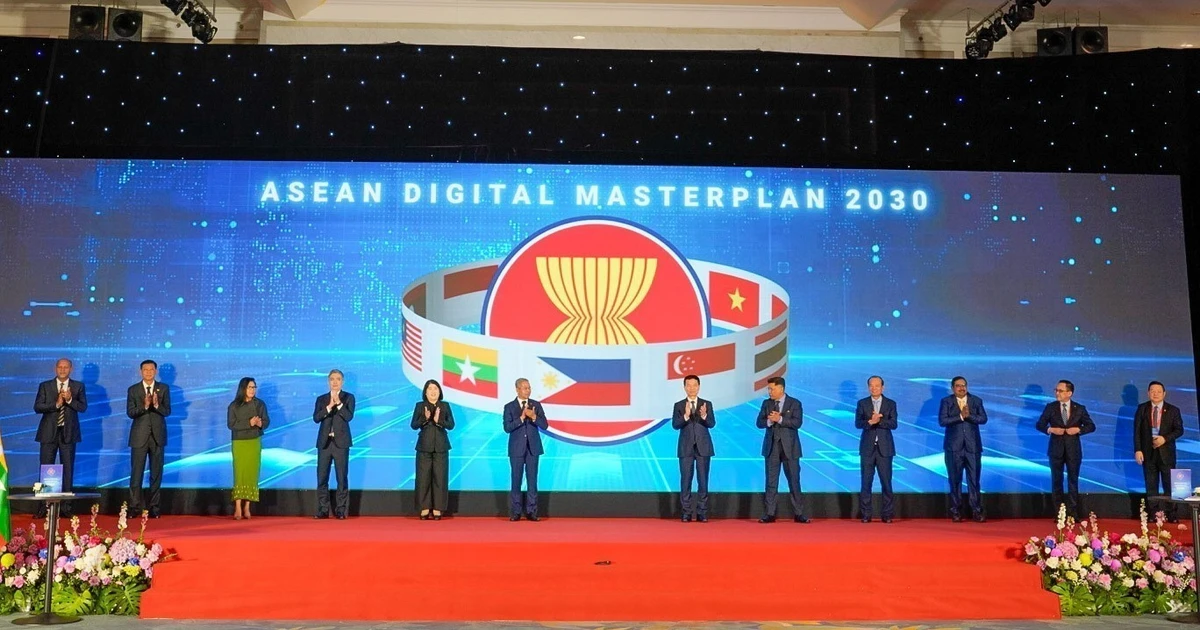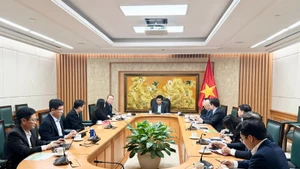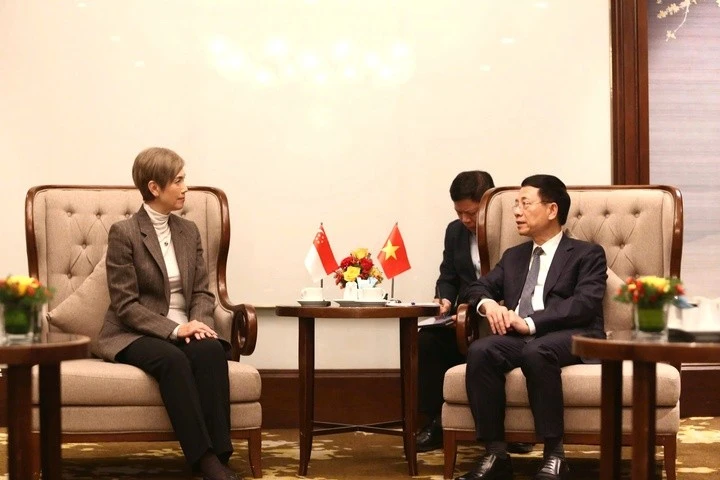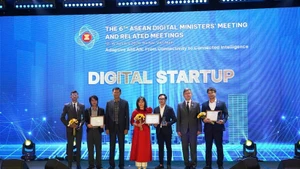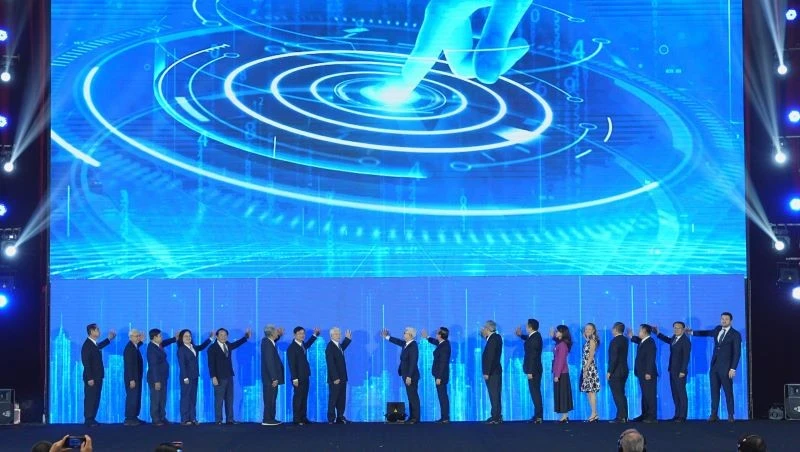Fighting against waste of money, effort, and intelligence in scientific research is not just a slogan but must truly be turned into action, contributing to the common development of the country in the new era.
Accepted but unused works
Every year, thousands of scientific research topics are registered nationwide at many institutions such as universities, academies, industries, and localities, along with many topics that are completed and accepted.
In 2024, the Vietnam Academy of Social Sciences accepted 375/378 grassroots-level topics and 154/157 ministerial-level topics. The Academy of Science and Technology published 2,200 works in prestigious domestic and foreign journals.
However, what percentage of scientific topics and works are applied in practice is still a big question. Public opinion believes that many scientific research projects are accepted and then “put in a drawer”.
Regarding this issue, Dr. Phan Chi Hieu, President of the Vietnam Academy of Social Sciences, emphasised the need to clarify the applicability of research topics in the fields of science and technology, natural sciences, engineering and technology, social sciences and humanities, political theory science... because each field of science has different characteristics.
Particularly in the field of social sciences and humanities, the head of the Vietnam Academy of Social Sciences affirmed that any research works in the field of social sciences and humanities have been effectively applied in practice.
The research results have provided many valuable arguments for the formulation of guidelines and policies of the Party and State; provided scientific arguments for the comprehensive renovation of the country, contributing to the formation of the views of the Communist Party of Vietnam on socialism and the path to socialism; on the socialist-oriented market economy, the socialist rule-of-law state and socialist democracy; on Party building and rectification, innovation in leadership methods, enhancement of the Party’s governing and leadership capacity; on building a clean and strong political system...
What percentage of scientific topics and works are applied in practice is still a big question. Public opinion believes that many scientific research projects are accepted and then “put in a drawer”.
Recent studies on politics, law, culture, society, people, environment, the world situation, globalization and international integration, the Fourth Industrial Revolution, green transformation... have made practical contributions to the process of summarising 40 years of national renewal, serving the process of building documents to submit to the 14th National Congress of the Party, perfecting the socialist rule-of-law state, building and perfecting development institutions, restructuring the economy, innovating the growth model...
Many research results directly contribute to the socio-economic development of localities; Research results on history, tradition, archaeology, culture, people... help prepare dossiers for recognition of cultural heritage, gradually forming a cultural industry, building local brands, contributing to increasing the country’s “soft power” in the context of international integration.
However, Dr. Phan Chi Hieu did not deny the fact that there are a number of accepted scientific research projects that have not been applied in practice.
President of the Academy of Science and Technology, Professor, Dr. Chau Van Minh also admitted that despite many efforts and achieving some outstanding results, the Academy has not yet fully promoted its strengths in the application and commercialisation of scientific research projects.
Most recently, Khanh Hoa province concluded an inspection of the management and use of funding sources at the Department of Science and Technology, showing that many scientific topics have been settled and accepted but have not been applied in practice, some topics, although accepted, still have shortcomings omitted.
At a recent meeting of the Steering Committee for Science, Technology, Innovation and Digital Transformation of Quang Binh province, some delegates frankly pointed out that many scientific topics were accepted and then put away, with no practical value.
Previously, at the 20th session of the 18th People’s Council of Thanh Hoa province, some delegates requested the Director of the Department of Science and Technology to clarify the situation of scientific research topics that were prolonged, unsuccessful, and accepted but had low application efficiency.
The issue of scientific research projects being accepted and then abandoned, causing waste, has also been discussed in National Assembly sessions, showing that this is an issue of concern to the whole society.
At the 9th extraordinary session of the 15th National Assembly on February 17, Professor, Dr. Nguyen Anh Tri (Hanoi Delegation) expressed his opinion that in Vietnam, there are still too few commercialised scientific research products.
Innovation in scientific research
Former Minister of Science and Technology Nguyen Quan once said that there are 3 types of research topics that are easily “put in a drawer” after acceptance, which are basic scientific research, applied research but must wait for the commercialisation process and social acceptance, research based on the emotions and desires of scientists, because they do not closely follow practical requirements and the needs of businesses, so they are difficult to apply.
Associate Professor, Dr. Nguyen Minh Tan (Hanoi University of Science and Technology), who was recently awarded the Kovalevskaia Award in 2024, also commented that it is necessary to distinguish 2 types of research projects according to the starting point of the research, which are research projects originating from the reality of life, businesses and research projects originating from the thoughts of scientists. But no matter what type of research, when there are applicable results, it will lead to the need to bring it into life.
There are many reasons why scientific research does not enter real life. That is, research products do not ensure quality, the determination of research topics and research products does not closely follow practical requirements, the mechanism for transferring research results still has many problems, in many cases scientists want to commercialise research results, but there is no implementation mechanism, many research results, especially in basic research, cannot be applied immediately.
Particularly for social sciences and humanities, it is even more difficult to apply immediately to create specific products, sometimes it takes many years to evaluate the effectiveness.
In scientific research for many years, there has been a paradox, that the research results of scientists are rarely applied, while businesses want new technology and products but do not know where to find them.
In addition to the reason that research topics do not originate from practical needs, another important reason that makes it difficult for even feasible topics to be transferred into products is the issue of ownership of research results from research activities funded by the State. Proposing a solution to this problem, Dr. Phan Chi Hieu stated: “First of all, research activities must closely follow practical requirements and must have quality in order to bring research products to the market.
Second, it is necessary to handle the issue of ownership of research results from research activities funded by the State. Current laws stipulate that the State is the owner of research results using the State budget, so handing over research results to the organization in charge of carrying out research tasks to commercialise research results is difficult. It is necessary to stipulate that the organisation in charge owns the research results so that the commercialization process will be quick and smooth.
Third, there needs to be a professional institution (enterprise) to commercialize research results”.
Although not all scientific research can be applied immediately in practice or the application in practice is not present in specific products, in the current conditions of our country, it is necessary to prioritize scientific research that can be applied immediately in life.
Resolution No.57-NQ/TW of the Politburo on breakthroughs in science, technology, innovation and national digital transformation has a policy of allowing and encouraging research organisations and scientists to establish and participate in operating businesses based on research results.
This is one of the important points that helps to remove difficulties for scientists, creating conditions for those doing research to get closer to real life, participate in the market, and directly turn their research results into products.
This policy will certainly become a strong driving force for innovation in scientific research, combating waste and bringing many benefits to the country’s economy.
